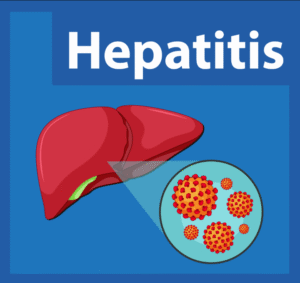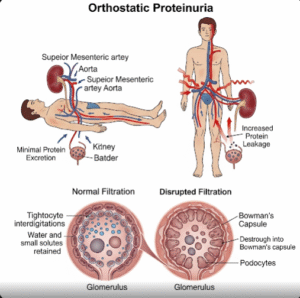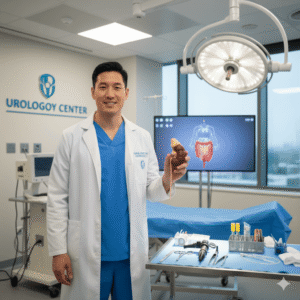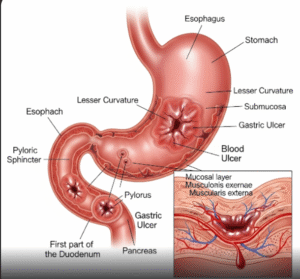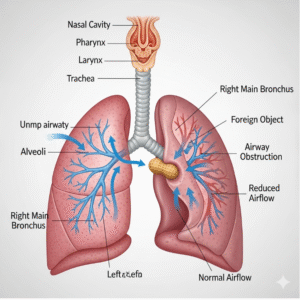Overview
Jet lag, also known as desynchronosis, is a temporary sleep disorder that occurs when a person’s internal body clock is disrupted due to rapid travel across multiple time zones. In South Korea, a country with frequent international travel for business and tourism, jet lag is a common issue affecting both residents and visitors. Advanced medical centers and wellness clinics in Korea provide guidance for managing symptoms and adjusting sleep schedules efficiently.
What is Jet Lag?
Jet lag is a circadian rhythm disorder resulting from the mismatch between the body’s internal clock and the local time at the travel destination. It commonly occurs when traveling eastward or westward across multiple time zones. Symptoms vary in severity and duration, depending on the number of time zones crossed and individual sensitivity.
Symptoms
- Difficulty falling asleep or staying asleep (insomnia)
- Excessive daytime sleepiness
- Fatigue or low energy
- Difficulty concentrating or poor cognitive performance
- Mood changes, irritability, or anxiety
- Digestive issues, such as constipation, diarrhea, or nausea
- Headaches or mild body discomfort
Causes
- Rapid travel across multiple time zones
- Disruption of circadian rhythm, the body’s internal sleep-wake cycle
- Exposure to light at unusual hours affecting melatonin production
- Fatigue and stress associated with travel
- Dehydration and irregular meal schedules during travel
Risk Factors
- Traveling eastward (more severe than westward)
- Crossing three or more time zones
- Older age, as circadian rhythm adaptation slows with age
- Irregular sleep schedules before travel
- Poor general health or pre-existing sleep disorders
Complications
- Impaired cognitive function and decision-making
- Mood disturbances such as irritability or mild depression
- Decreased physical performance and alertness
- Reduced productivity or performance at work
- Increased risk of accidents due to fatigue
Prevention
- Gradually adjust sleep schedule before travel to match the destination time zone
- Exposure to natural light at appropriate times to reset circadian rhythm
- Avoid excessive caffeine or alcohol before and during travel
- Stay hydrated and maintain balanced meals
- Take short naps if necessary to reduce fatigue
- Use melatonin supplements under medical guidance for easier adaptation
Treatment Options in Korea
South Korea provides various strategies and medical support for managing jet lag:
- Lifestyle and Behavioral Strategies:
- Sleep hygiene education and circadian rhythm adjustment
- Scheduled exposure to sunlight or bright light therapy
- Time-specific exercise and meals to reset body clock
- Medical Management:
- Melatonin supplementation under physician guidance
- Short-term use of sleep aids for severe insomnia
- Consultation with sleep medicine specialists at hospitals such as Seoul National University Hospital, Samsung Medical Center, and Asan Medical Center
- Wellness and Rehabilitation Programs:
- Clinics offer guidance on stress management, relaxation techniques, and dietary adjustments for travelers
- Monitoring and personalized advice for frequent international travelers
- Follow-Up Care:
- Monitoring sleep quality after travel
- Adjusting lifestyle and medication as needed
- Education on maintaining long-term circadian rhythm health


